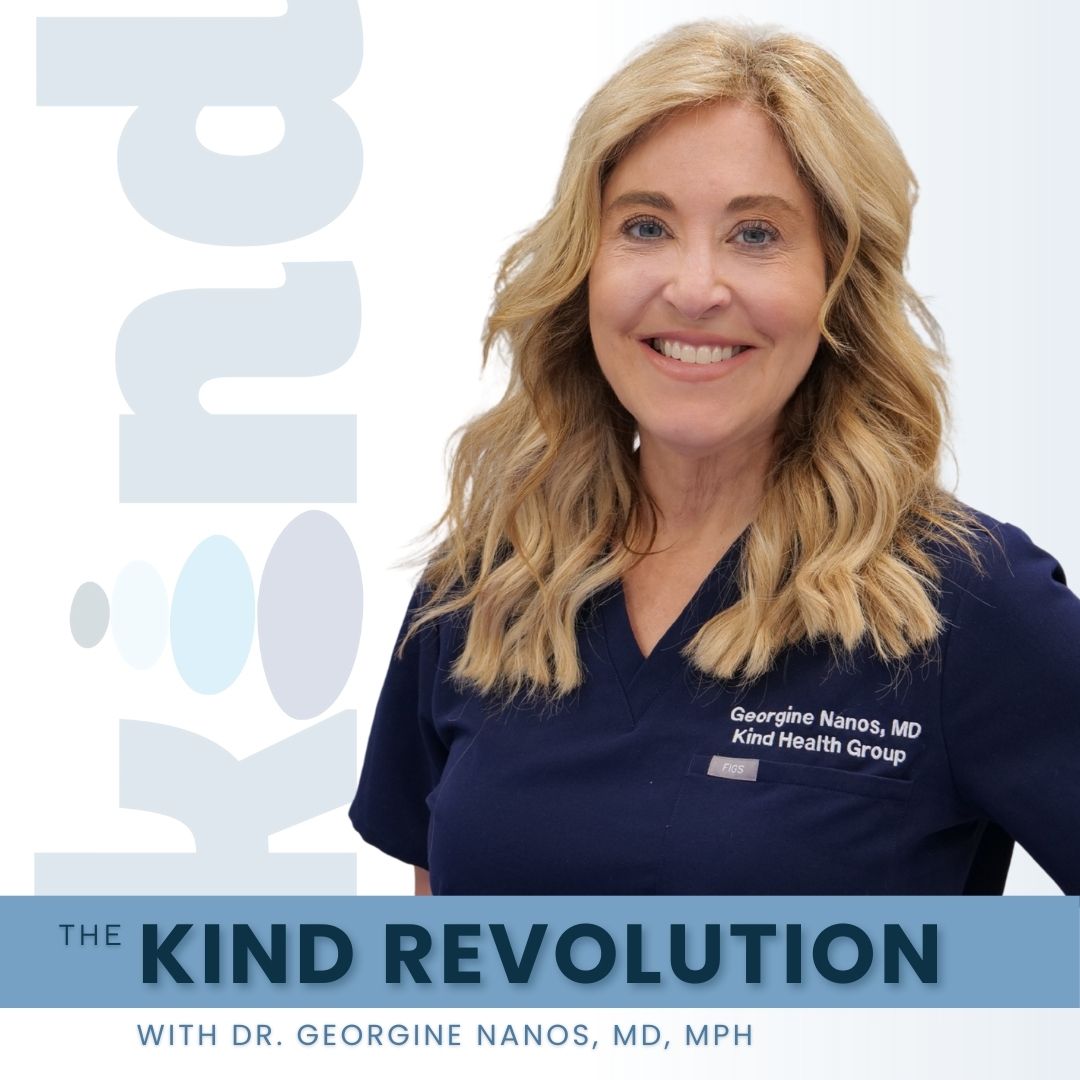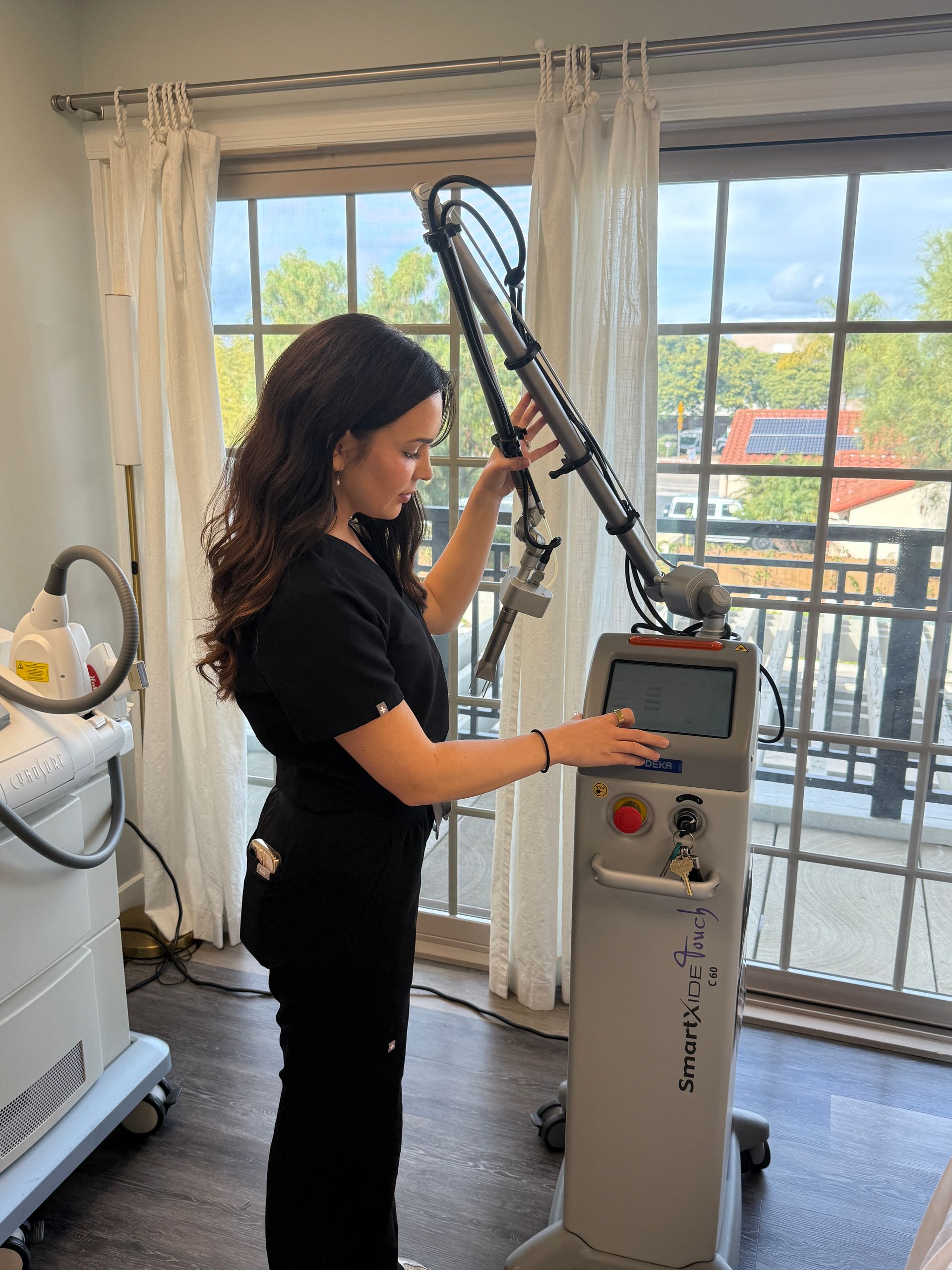The Connection Between Nutrition and Mental Health: Eating for Well-being
November 14, 2023
The Connection Between Nutrition and Mental Health: Eating for Well-being
In the fast-paced world we live in, it's easy to forget that our mental well-being is intricately linked to what we put on our plates. While we're often conscious of how our diet affects our physical health, the impact it has on our mental health is equally profound. At Kind Health Group, we understand the vital connection between nutrition and mental well-being, and we're here to guide you on a journey to improved mental health through mindful eating.
It's no secret that what we eat plays a crucial role in our overall health. But did you know that the foods we consume can significantly influence our mood, emotions, and cognitive function? Research has shown that a balanced and nutrient-rich diet can be a powerful tool in preventing and managing mental health issues such as anxiety and depression.
At times of stress or low mood, it's common to reach for comfort foods high in sugar and unhealthy fats. While these foods might provide temporary relief, they can contribute to a vicious cycle of fluctuating energy levels and worsening mood swings. Instead, opting for a diet rich in whole grains, lean proteins, fruits, and vegetables can provide the essential nutrients needed to support your brain's health and functionality.
Omega-3 fatty acids, commonly found in fatty fish like salmon, walnuts, and flaxseeds, have been linked to a reduced risk of depression and improved mood. These healthy fats play a crucial role in maintaining the integrity of brain cell membranes, facilitating efficient communication between brain cells.
Incorporating foods rich in antioxidants, such as berries, spinach, and beans, can also have a positive impact on mental health. Antioxidants help combat oxidative stress and inflammation in the brain, which are often associated with conditions like anxiety and cognitive decline.
At Kind Health Group, we believe in a holistic approach to health—one that encompasses both the body and the mind. Our team of experienced professionals is dedicated to providing you with the knowledge and tools you need to make informed dietary choices that support your mental well-being. We understand that every individual is unique, and our personalized guidance takes into consideration your preferences, lifestyle, and specific mental health goals.
Ready to take the first step towards a healthier mind and body? Contact us today at 760.701.5463 or reach out through our secured texting line at 760-492-7986. Our compassionate experts at Kind Health Group are here to support you on your journey to better mental health through mindful and nutritious eating.
Remember, the food you choose to fuel your body also fuels your mind. Make the conscious choice to prioritize your mental well-being through the power of nutrition. Your path to a happier, healthier you starts now.









